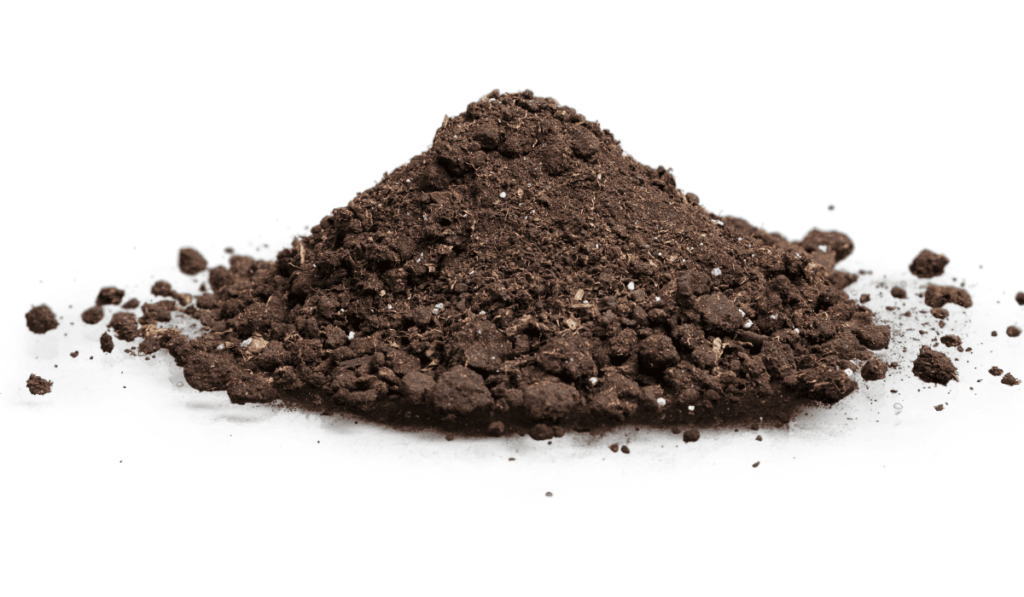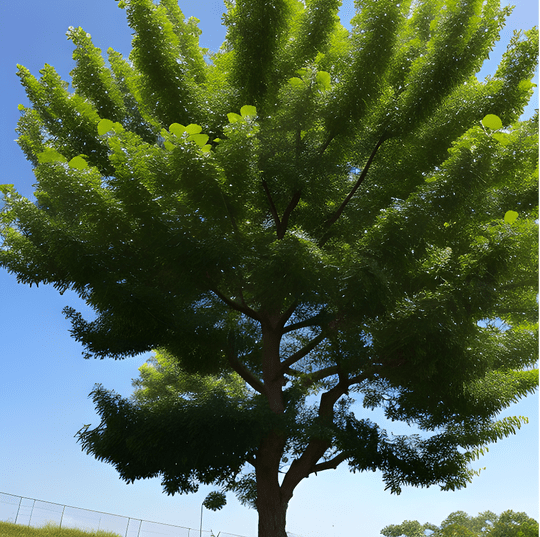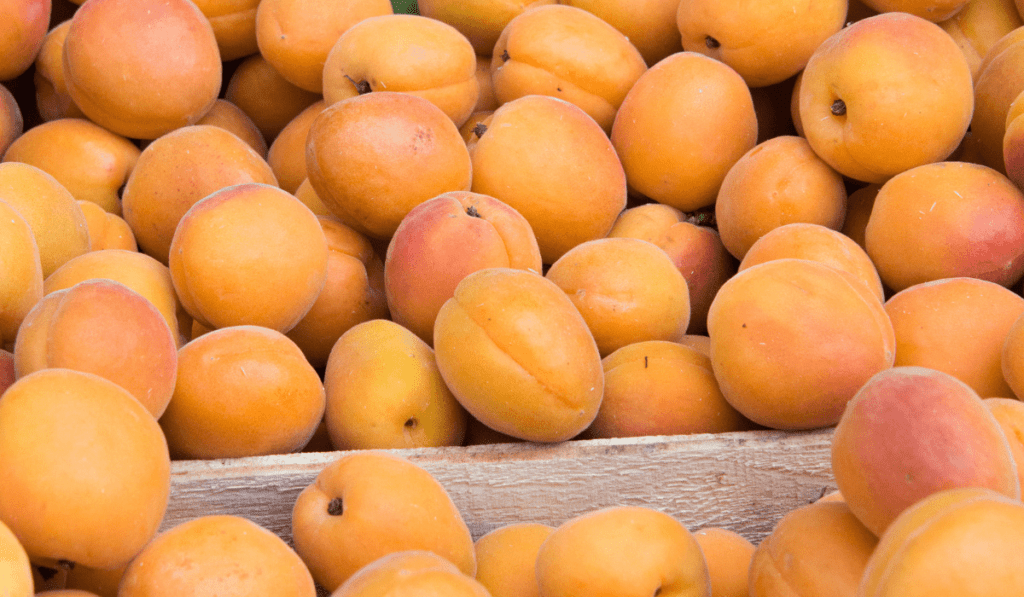Creating the right soil conditions is crucial for the successful growth and productivity of aprium trees (a hybrid fruit combining apricots and plums). Proper soil preparation ensures that the trees receive essential nutrients, proper drainage, and the right pH level to thrive and produce high-quality fruit. In this guide, we will discuss the key steps for soil preparation to help you grow healthy and fruitful aprium trees.
Soil Testing
Before you start any soil preparation, it’s essential to know the current state of your soil. Conduct a soil test to determine its pH level, nutrient content, and texture. Soil testing kits are readily available at garden centers, or you can send a sample to a local agricultural extension office for analysis. The results of the soil test will guide your soil improvement efforts.
Ideal Soil Characteristics
Aprium trees thrive in well-draining soil with specific characteristics:
- pH Level: Aprium trees prefer slightly acidic to neutral soil with a pH range of 6.0 to 7.5. If your soil pH is outside this range, you may need to make pH adjustments using lime (to raise pH) or sulfur (to lower pH) based on your test results.
- Texture: Loamy soil is ideal for aprium trees, as it provides a balanced mix of sand, silt, and clay. Loam soil offers good drainage while retaining essential moisture and nutrients.
- Drainage: Proper drainage is crucial to prevent waterlogged roots, which can lead to root rot. Avoid planting aprium trees in areas prone to standing water.
Soil Amendment and Preparation
a. Organic Matter: Incorporate organic matter into your soil to improve its fertility and structure. Well-rotted compost or aged manure can enhance the soil’s ability to retain moisture and nutrients. Spread a layer of organic matter over the planting area and mix it thoroughly with the existing soil.
b. Nutrient Content: Based on your soil test results, you may need to amend the soil with specific nutrients. Common nutrient deficiencies can be corrected by adding balanced fertilizer blends or targeted micronutrient supplements.
c. Soil Aeration: If your soil is compacted or lacks aeration, consider aerating it using a garden fork or a mechanical aerator. This process helps improve root development and allows air and water to penetrate the soil.
d. Soil Depth: Ensure that the soil depth is adequate for aprium root development. The root system of aprium trees can extend deep into the soil, so provide a planting hole that allows for proper root growth.
- Mulching: Applying mulch around the base of your aprium trees offers several benefits. Mulch helps conserve soil moisture, suppresses weed growth, and regulates soil temperature. Use organic mulch materials like wood chips, straw, or shredded leaves, and maintain a 2-3 inch layer around the tree, leaving a small gap around the trunk to prevent moisture buildup against the bark.
- Soil Maintenance: Ongoing soil maintenance is essential for the long-term health of your aprium trees. Here are some practices to consider:
- Regular Watering: Maintain consistent soil moisture by providing adequate watering, especially during dry periods. Water deeply but avoid waterlogging the soil.
- Fertilization: Monitor the nutrient needs of your aprium trees and fertilize as necessary. Follow recommended fertilization schedules and use balanced, slow-release fertilizers.
- pH Monitoring: Periodically check the soil’s pH level to ensure it remains within the ideal range for aprium trees. Adjust pH as needed to maintain optimal growing conditions.
- Soil Testing: Continue to periodically test your soil to assess nutrient levels and make informed decisions about soil amendments and fertilization.
Conclusion
Proper soil preparation is a critical foundation for the successful growth and fruit production of aprium trees. By understanding the soil characteristics, amending the soil appropriately, and maintaining its quality, you can provide your aprium trees with the ideal conditions they need to thrive and yield delicious, high-quality fruit for years to come.



